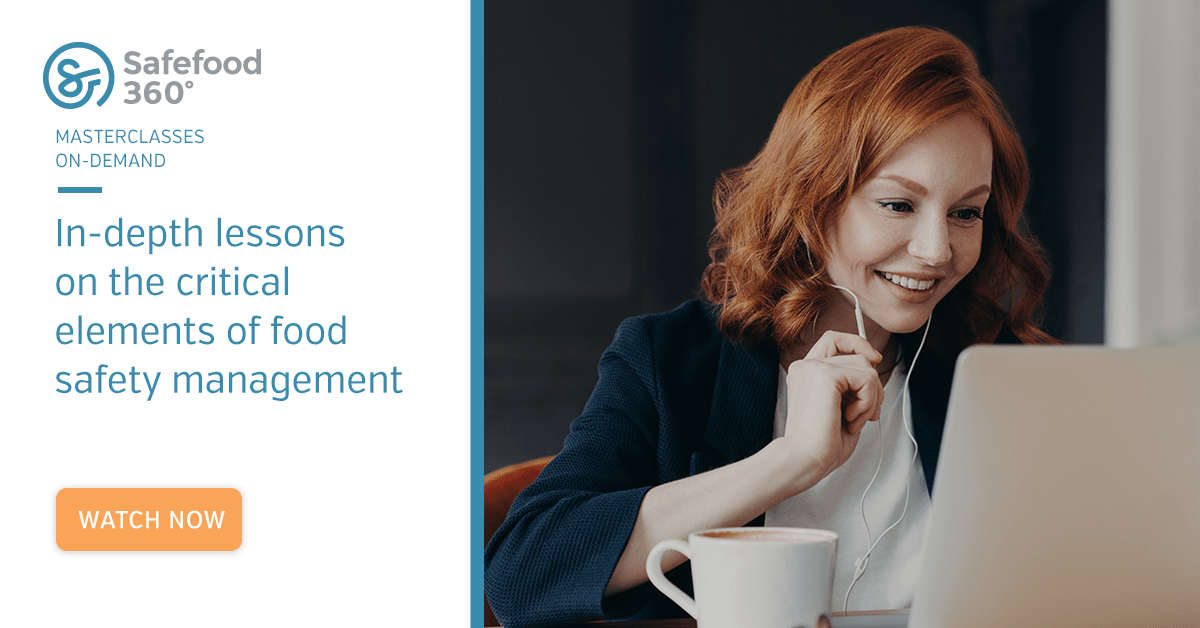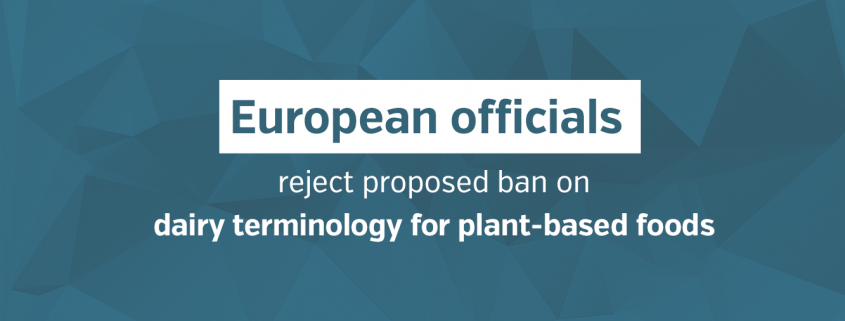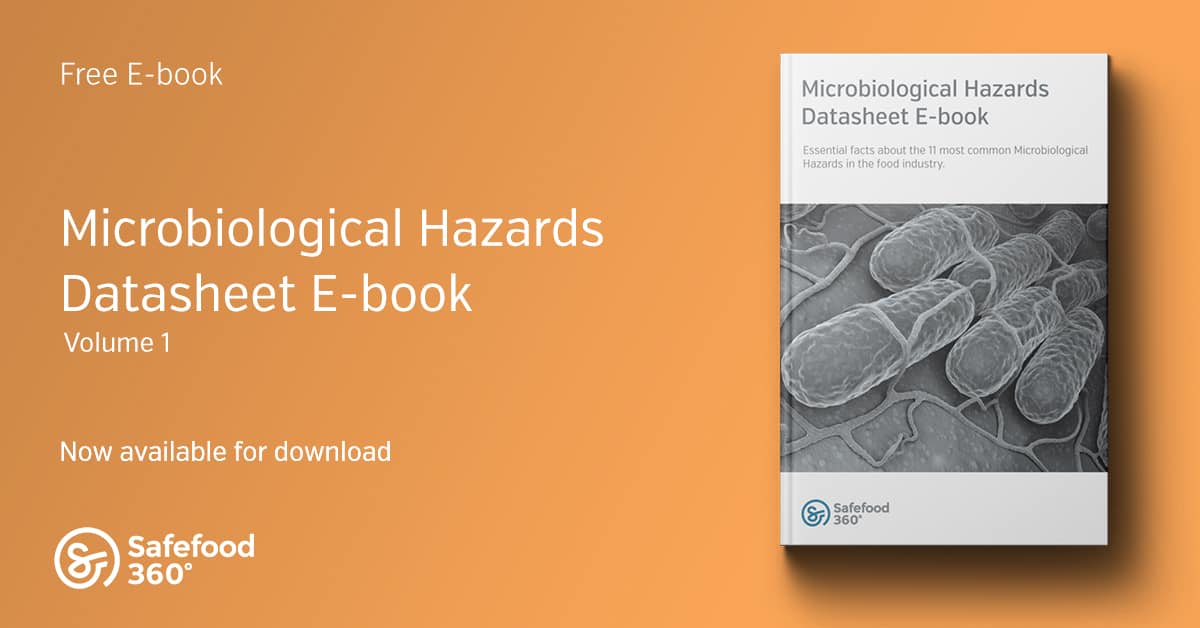May 2021 Food Safety News and Industry Round-up
Despite a relatively quiet month for food safety in North America, globally, this May saw significant news from the WHO, EU, INFOSAN, and the Codex Alimentarius.
As always, the industry round-up brings you the key talking points concerning these stories from around the globe, along with sources and further reading where appropriate.
Read on for more.
WHO seeking comments on food safety strategy 2022-2030
The WHO is seeking public comments on a draft strategy for food safety 2022-2030. The proposed strategy has been assembled following input from a Technical Advisory Group that met virtually earlier this year.
The document is intended as means to promoting regional and global cooperation as well as a serving a blueprint for individual countries to strengthen their national food safety systems.
The document intends to do this with respect to five strategic priorities:
- Strengthen National Food Controls
- Identifying and responding to food safety challenges resulting from global changes and transformations in food systems.
- Increasing the use of food chain information, scientific evidence, and risk assessment in making risk management decisions
- Strengthening stakeholder engagement and risk communication
- Promoting food safety as an essential component in domestic and international food trade
Comments are open until June 18th, 2021.
EU rejects plant-based dairy-terminology ban
EU officials rejected changes to a proposed regulation that would have banned plant-based products using dairy terminology and imagery in their descriptions and advertising.
Originally proposed by the European Parliament’s AGRI committee, the amendment was not subject to public scrutiny via an impact assessment or open consultation.
The proposal has now been dropped by the European Parliament, European Council, and Commission.

EFSA declare titanium dioxide (E171) unsafe for consumption
The European Food Safety Authority has provided an updated opinion that titanium dioxide, otherwise known as E171, is not safe for human consumption.
The additive is commonly used as a whitening agent in confectionery, sauces, and cake icing and the assessment from EFSA follows a decision by French authorities last year to suspend its use.
The study revealed that although general toxicity levels were not conclusive there was a general concern for genotoxicity due to nanoparticle components and therefore a safe level for daily intake could not be stated.
INFOSAN records busiest quarter ever
The International Food Safety Authorities Network has recorded its busiest quarter ever as it dealt with 56 events in Q1 2021 up from 23 events from the previous quarter.
Although this is the highest amount of events the network has dealt with, they have attributed the rise to higher levels of reporting food safety issues, increased awareness and education of public health risks, and their own efforts to increase member states’ engagement with the network.
Approximately half of the incidents in Q1 2021 were related to biological hazards, with Listeria monocytogenes being the main culprit, with Salmonella and E.coli the second and third highest.
Other incidents were related to Clostridium botulinum, Norovirus, and Hepatitis A, and Vibrio vulnificus.
Listeria monocytogenes – Datasheet
Clostridium botulinum – Datasheet
Codex disagrees with EU and others on maximum cadmium levels for chocolate
Maximum levels for cadmium in chocolate by a Codex committee have been rejected by the European Union, Norway, Egypt, and Switzerland who adhere to lower limits than the codex recommendations.
The issue was first raised at a World Trade Organization meeting in 2017 by Colombia, Côte d’Ivoire, Peru, Ecuador, and Madagascar and it will be further discussed later this year in November at the Codex Alimentarius Commission meeting.
WHO Europe issues guidance for food safety in traditional markets
The European Region of the World Health Organization has put together a document to assist stakeholders manage food safety risks in traditional markets.
The document is targeted specifically towards stakeholders, local policymakers, market management authorities, health and food safety experts/academics, local community leaders, market vendors, and workers.
Read: Safe and Healthy Food in Traditional Food Markets in the WHO European Region






Leave a Reply
Want to join the discussion?Feel free to contribute!